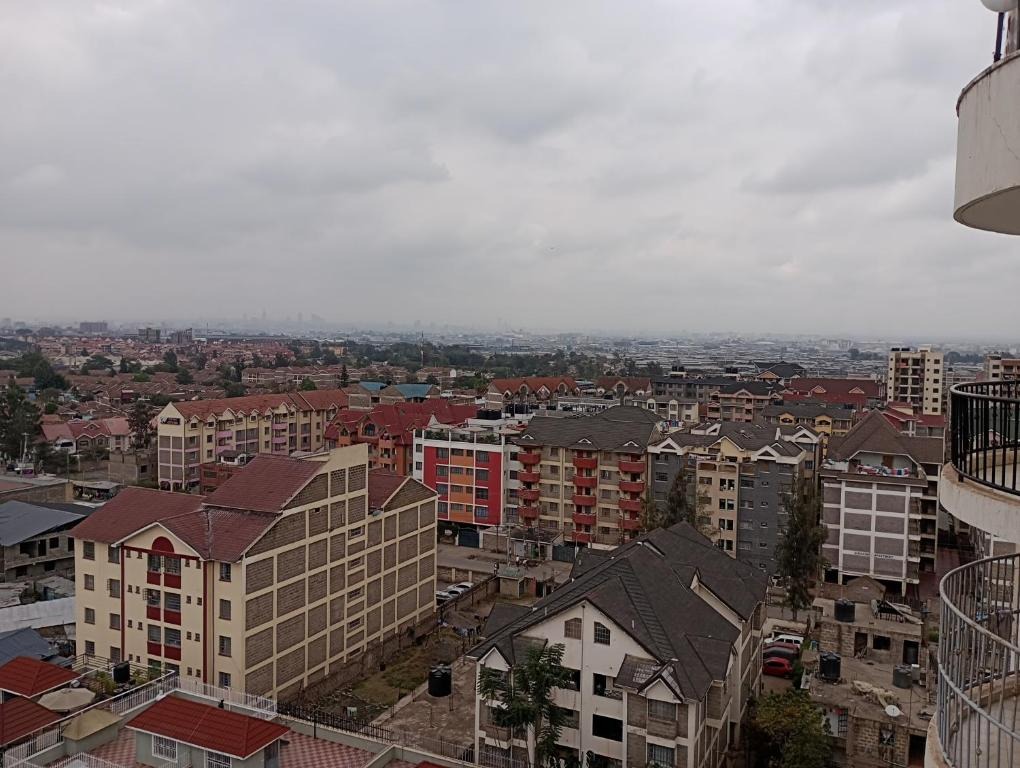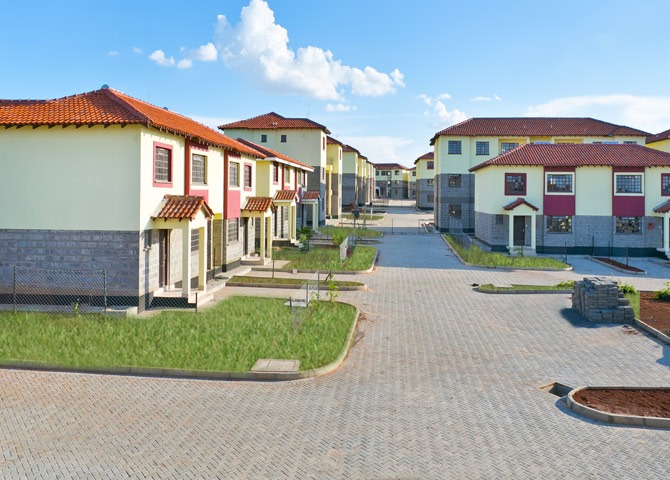
The real estate industry, traditionally known for its stability and resistance to change, is on the cusp of a revolutionary transformation driven by technological advancements. As digital innovations continue to reshape various sectors, real estate is no exception. From artificial intelligence and blockchain to virtual reality and sustainable construction technologies, these disruptions are poised to redefine how we buy, sell, and manage properties. This article explores the future of real estate, focusing on the anticipated technological disruptions and industry transformations that lie ahead.
Artificial Intelligence and Data Analytics

Artificial intelligence (AI) and data analytics are already making significant inroads into real estate. These technologies enable more efficient property management, enhanced customer experiences, and improved decision-making processes. AI-powered platforms can analyze vast amounts of data to provide insights into market trends, property values, and consumer behavior. For instance, predictive analytics can help investors identify high-potential areas and make informed investment decisions.
Blockchain and Smart Contracts

Blockchain technology holds the potential to revolutionize real estate transactions by introducing transparency, security, and efficiency. Blockchain’s decentralized ledger system can record property transactions in a tamper-proof manner, reducing the risk of fraud and errors. This is particularly significant in an industry where trust and accuracy are paramount.
Smart contracts, which are self-executing contracts with the terms directly written into code, can automate various aspects of real estate transactions. By eliminating paperwork and minimizing human intervention, blockchain and smart contracts promise to make real estate transactions faster, more secure, and more cost-effective.
Virtual and Augmented Reality
Virtual reality (VR) and augmented reality (AR) are set to transform how properties are marketed and experienced. VR enables potential buyers to take immersive virtual tours of properties from the comfort of their homes, transcending geographical barriers. This technology not only saves time but also allows buyers to make more informed decisions by exploring properties in detail before scheduling physical visits.
AR, on the other hand, enhances the physical property viewing experience by overlaying digital information onto the real world. For example, AR applications can help buyers visualize how an empty space would look when furnished or how renovations would alter the appearance of a property. These technologies enhance engagement and provide a more interactive and informative experience for buyers.
Sustainable and Smart Buildings
Smart buildings, equipped with IoT (Internet of Things) devices, offer enhanced functionality and efficiency. These buildings use interconnected sensors and systems to monitor and control various aspects, such as lighting, heating, and security, optimizing resource use and enhancing occupant comfort. As sustainability and smart technologies converge, the real estate industry will increasingly focus on creating buildings that are not only eco-friendly but also intelligent and responsive.
The Rise of PropTech
Property technology, or PropTech, encompasses a wide range of digital solutions aimed at improving various aspects of real estate. From property management software and online marketplaces to crowdfunding platforms and digital mortgage services. PropTech platforms are making property investment more accessible by enabling fractional ownership and democratizing investment opportunities. Crowdfunding platforms allow individuals to invest in real estate projects with relatively small amounts of capital, diversifying their portfolios and gaining exposure to the real estate market.
Flexible Workspaces and Co-Living
The future of real estate is also being shaped by changing lifestyle and work patterns. The rise of remote work and the gig economy has increased demand for flexible workspaces and co-living arrangements. Co-working spaces, which offer shared office environments, cater to freelancers, startups, and remote workers seeking flexible and collaborative work settings.
Similarly, co-living spaces provide shared living environments with private and communal areas, fostering a sense of community and reducing living costs. These trends reflect a shift towards more flexible and community-oriented living and working arrangements, driving demand for adaptable and innovative real estate solutions.
Challenges and Opportunities
While technological disruptions bring numerous opportunities, they also pose challenges for the real estate industry. Data privacy and security concerns must be addressed as digital solutions become more prevalent. Ensuring equitable access to new technologies and preventing digital divides is also crucial.
Additionally, the industry must navigate regulatory and compliance issues associated with emerging technologies. Governments and industry bodies need to work together to create frameworks that support innovation while protecting consumers and maintaining market stability.
Conclusion

The future of real estate is set to be defined by technological disruptions and industry transformations. AI, blockchain, VR, AR, sustainable building practices, PropTech, and flexible workspaces are among the key trends reshaping the industry. These advancements promise to enhance efficiency, transparency, and customer experiences, paving the way for a more dynamic and responsive real estate market. By embracing these technologies and adapting to changing demands, the real estate industry can thrive in an era of rapid innovation and transformation.







